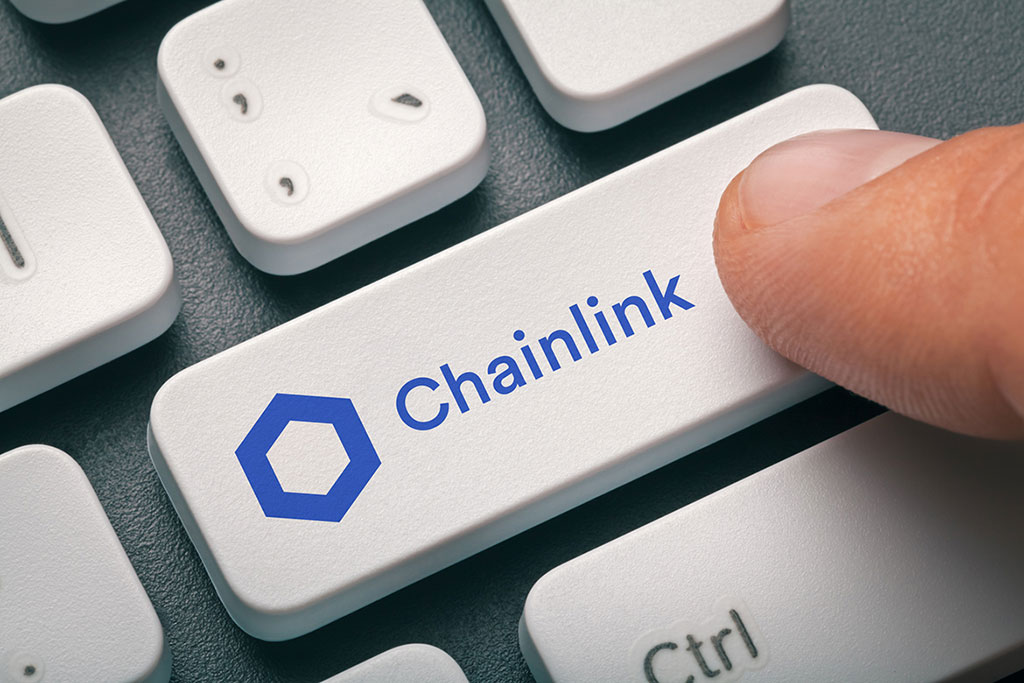South Korea has taken decisive action by forming an interagency investigation team to address the growing concerns over cryptocurrency crimes. The crypto market has grown increasingly popular and drawn a wide range of investors, but it has also become a haven for illegal activity.
This action represents a significant step towards enhancing national crypto regulation. South Korea wants to defend its citizens from scams and maintain the integrity of its financial systems; thus, it has adopted Legal Entity Identifiers (LEIs) and created a dedicated criminal unit.
South Korea launches crypto crime unit
According to reports incoming from Asia, South Korea has formed a dedicated crypto-crime investigation team in response to a rise in crypto-related crime.
Since complete laws for the crypto industry have yet to be enacted in South Korea, a multi-agency collaborative virtual asset crime investigation team has been established to protect investors in the meantime.
Additionally, 30 investigators from different government departments and organizations in South Korea, including the prosecution, the Financial Supervisory Service, the National Tax Service, and the Korea Customs Service, are set to make up the Joint Investigation Centre for Crypto Crimes, which will be based out of the Seoul Southern District Prosecutors’ Office.
The Prosecutor’s Office issued a statement saying, “Despite the fact that virtual assets are already investment products comparable to stocks, the laws and systems are not complete, leaving market participants practically left out of the protection of the law.” More than 3 trillion won ($2.35 million) daily is traded in virtual assets, with more than 6 million participants.
The Prosecutors’ Office further stated that until suitable rules are adopted, it will play an active role in protecting investors in the crypto industry. The investigation process for crimes involving cryptography, from detection through analysis, is intended to be simplified.
This expedited process will allow for better case management, which will help reduce illegal activity in the crypto market.
Establishing the interagency investigation unit
According to the data provided, cryptocurrencies with extreme price swings or threatened de-listings will be primary targets of the probes.
Due to the unpredictability of some cryptos, the new section will also be responsible for detecting and counteracting unlawful trading practices like market manipulation and insider trading.
The team will also investigate tax evasion, unapproved foreign exchange transfers, and other attempts to hide unlawful profits. Because cryptocurrencies can be used to conceal the origin of illegal payments, authorities are also cracking down on instances of money laundering.
According to a local news report by Decenter, the LEI introduced by Korea Securities Depository and Code is a standardized ID issued to corporations around the globe that engage in financial transactions. As a result of the 2008 financial crisis, it was implemented for the efficient administration of financial transaction data.
The Prosecutor’s Office reported that the number of suspicious transactions across local crypto exchanges increased by as much as 1,263% over the past 18 months, from 66 in 2021 to 900 in 2022 and to 943 in the first half of 2023 alone, highlighting the growing difficulties and risks associated with the crypto market.
South Korean opposition lawmaker Kim Nam-kuk is one of the latest high-profile figures to be linked to allegations of fraudulent crypto trading totaling 6 billion won ($4.54 million).
Furthermore, looking into what caused the Terra ecosystem to collapse last year, the Seoul Southern District Prosecutors’ Office. When the TerraUSD (UST) and LUNA crypto associated with the project collapsed in May 2022, they were the ninth and tenth largest cryptos by market value, respectively, and about $55 billion in investor funds were lost.
The aggressive measures South Korea took to combat the increasing number of crypto crimes, such as creating an interagency investigation team and adopting Legal Entity Identifiers (LEIs), are indicative of this.
According to Koh Chang-seop, director of the Securities Settlement Division at Korea Securities Depository, the LEI will replace the Foreign Investment Registration Certificate beginning in December to increase transparency.
The country is laying the groundwork for a more reliable crypto economy by tightening crypto legislation and increasing cooperation amongst government organizations. Other countries may want to follow suit, but with everyone’s support, we can create a crypto ecosystem that is secure and robust.





